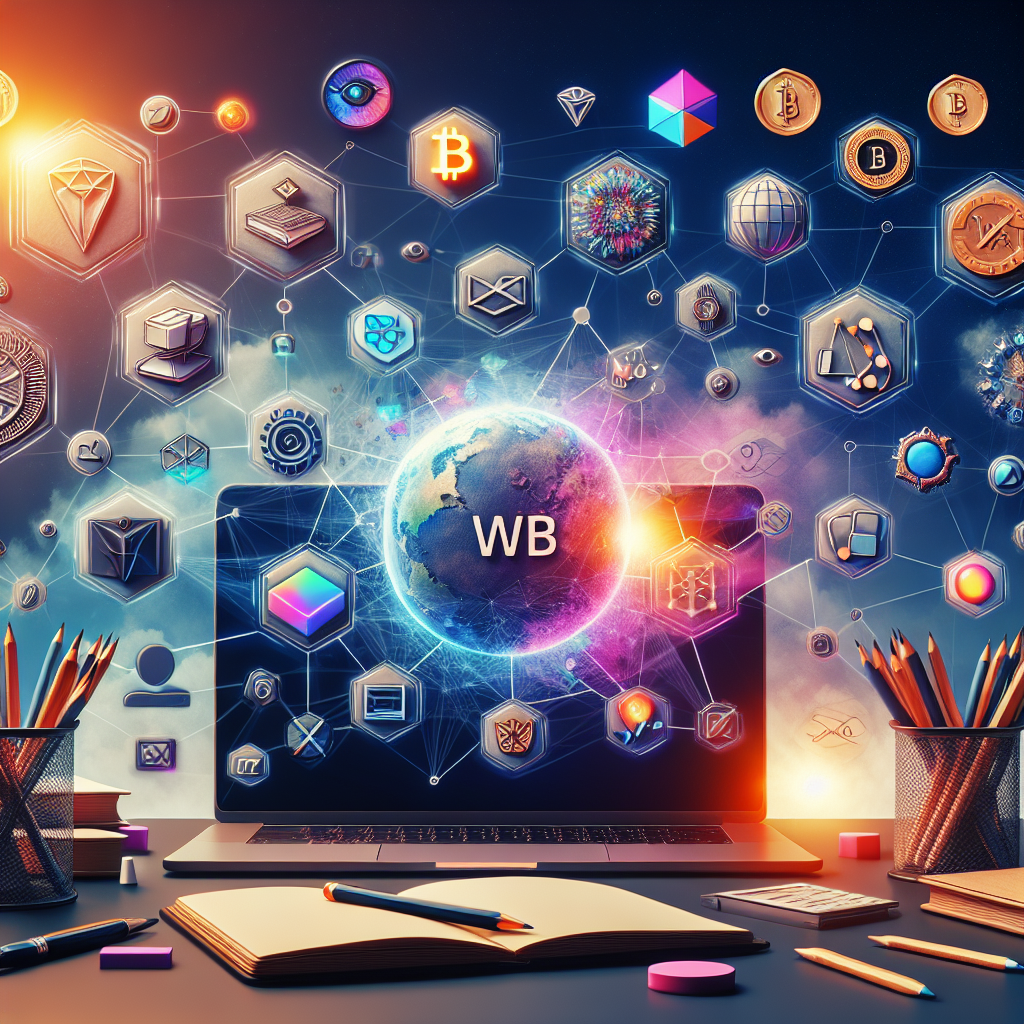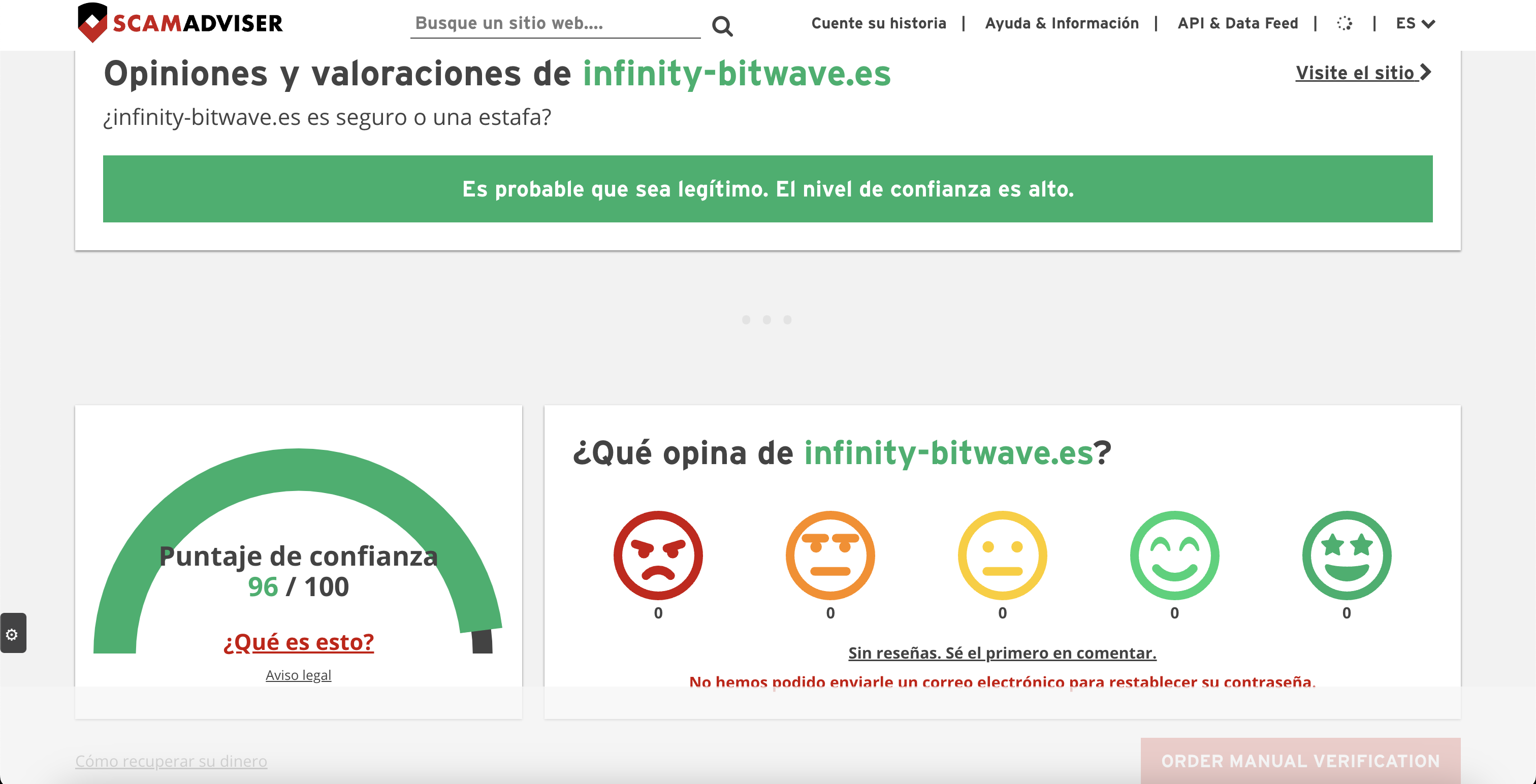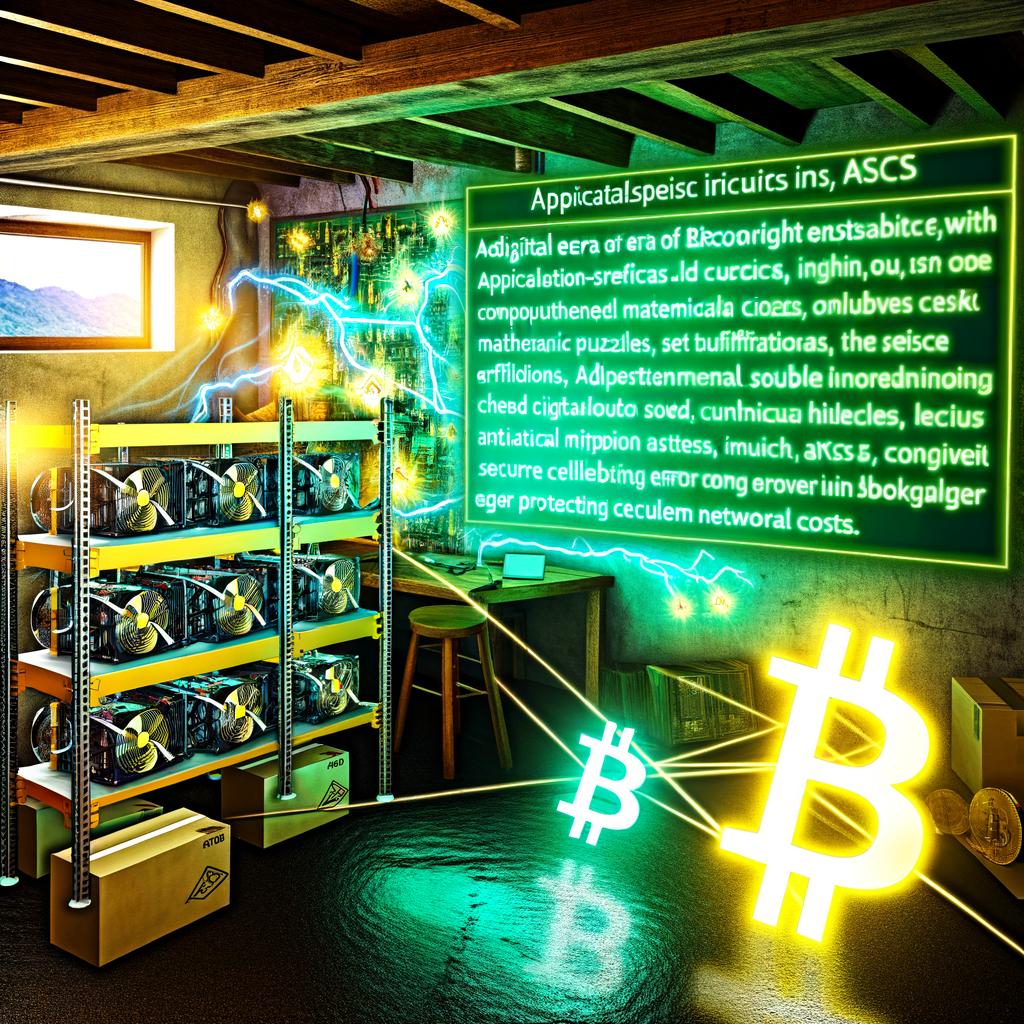Web3, often referred to as the decentralized web, is revolutionizing the way we interact with the internet by enabling more secure, transparent, and user-centric experiences. As this technology continues to gain traction, learning Web3 has become essential for developers, entrepreneurs, and tech enthusiasts. This comprehensive guide provides you with everything you need to get started, from understanding foundational concepts to mastering key Web3 technologies and programming languages. Whether you’re a beginner or looking to enhance your skills, this resource will help you navigate the exciting world of Web3, empowering you to build decentralized applications, explore NFTs, and stay updated with industry trends.
What is Web3?
Web3 represents the third generation of internet technology, designed to deliver a more decentralized, open, and user-governed web experience. Unlike its predecessors, Web3 leverages blockchain technology to remove intermediaries, thus enhancing security and privacy. This advanced internet model empowers users via decentralized applications (dApps), which operate in a peer-to-peer fashion and promote transparency and data ownership. In essence, Web3 aims to return control and value back to the users, fostering an internet ecosystem driven by community governance and innovation.
Why Learn Web3?
The transition to Web3 represents a paradigm shift that many argue is as significant as the advent of the internet itself. By learning Web3, you equip yourself with the skills to develop decentralized applications that offer unparalleled security, privacy, and user control. This expertise opens up opportunities in some of the most innovative and rapidly growing sectors, from blockchain and cryptocurrencies to decentralized finance (DeFi) and non-fungible tokens (NFTs). As traditional centralized systems face increasing scrutiny over data breaches and lack of transparency, Web3 stands out as a solution geared towards a fairer and more resilient digital future. Embracing this technology not only positions you at the forefront of the next wave of internet innovation but also empowers you to contribute to a more open and user-governed digital environment.
Getting Started with Web3 Basics
Diving into the world of Web3 can be both exciting and challenging. At its core, Web3 focuses on decentralization, utilizing blockchain technology to create a more open and transparent internet. By learning the basics of Web3, you’ll gain insights into blockchain fundamentals, how cryptocurrencies operate, and the importance of smart contracts in building decentralized applications. This foundational knowledge will set the stage for more advanced topics and practical applications, helping you become proficient in this transformative technology.
Key Concepts and Technologies in Web3
Web3 introduces several groundbreaking concepts and technologies that form the backbone of a decentralized internet. Key among these are blockchain, smart contracts, and decentralized storage solutions. Blockchain provides the immutable and transparent ledger that ensures data integrity and trust. Smart contracts enable automated and self-executing agreements without the need for intermediaries. Decentralized storage solutions, like IPFS and Filecoin, offer alternatives to traditional centralized databases, ensuring data is distributed and resilient. Understanding these critical components is essential for anyone looking to innovate and create solutions within the Web3 ecosystem.
Essential Web3 Programming Languages
To effectively develop and innovate within the Web3 ecosystem, acquiring proficiency in key programming languages is crucial. These languages empower developers to create decentralized applications (dApps), smart contracts, and other blockchain-based solutions. Solidity stands out as the primary language for writing smart contracts on the Ethereum blockchain, offering syntax and functionalities tailored for decentralized computing. JavaScript, with its ubiquitous presence in web development, facilitates the integration of traditional web technologies with blockchain networks. Rust, known for its performance and safety, is becoming increasingly popular for blockchain development on platforms like Solana. Additionally, languages such as Go and Python are widely used for their versatile applications in backend development, testing, and deployment of blockchain projects. Mastering these programming languages will equip you with the tools needed to harness the full potential of Web3 technology.
Learning Blockchain Fundamentals
Diving into blockchain fundamentals is crucial for anyone interested in the decentralized landscape. This foundational knowledge allows you to comprehend how blockchains function, the importance of consensus mechanisms, and the role of cryptographic security. By understanding these core concepts, you will be better equipped to grasp more advanced topics, develop innovative solutions, and contribute to blockchain projects with confidence. This section offers a step-by-step approach to help you grasp the essentials of blockchain technology effectively.
Smart Contracts and Solidity
Smart contracts are self-executing contracts with the terms directly written into code, facilitating, verifying, or enforcing the performance of a contract. They operate on blockchain technology, ensuring immutability and transparency. Solidity is a high-level programming language designed specifically for creating and implementing smart contracts on the Ethereum blockchain. Known for its statically-typed syntax similar to JavaScript, Solidity allows developers to define business logic and manage asset workflows with precision and security. Mastering Solidity is key for anyone looking to build decentralized applications, as it forms the backbone of Ethereum’s vast ecosystem of dApps, DeFi projects, and more. With a solid understanding of smart contracts and Solidity, you’ll be well-equipped to participate and innovate in the decentralized future of the web.
Developing Decentralized Applications (dApps)
Developing decentralized applications, commonly known as dApps, requires a unique approach compared to traditional web development. dApps operate on blockchain technology, which means they leverage decentralized networks to ensure transparency, security, and user sovereignty. This paradigm shift necessitates a deep understanding of blockchain protocols, smart contracts, and peer-to-peer networking. By mastering these disciplines, developers can create applications that run on decentralized networks, providing users with enhanced privacy, reduced reliance on central authorities, and unparalleled data integrity. From concept to deployment, this guide will walk you through the entire process, equipping you with the knowledge and tools needed to bring your dApp ideas to life in the burgeoning decentralized ecosystem.
Understanding NFTs and Their Applications
NFTs, or Non-Fungible Tokens, represent unique digital assets that have gained significant popularity across various industries. Unlike cryptocurrencies such as Bitcoin or Ethereum, NFTs are indivisible and cannot be exchanged on a one-to-one basis. This uniqueness allows NFTs to be used for a multitude of applications, ranging from digital art and music to virtual real estate and gaming assets. By leveraging blockchain technology, NFTs provide provable ownership and scarcity, ensuring that creators can monetize their work in innovative ways. This section delves into the fundamental principles of NFTs, exploring their diverse applications and the transformative impact they are having on the digital economy.
Practical Resources for Learning Web3
Diving into Web3 can be overwhelming, but there are numerous practical resources available to help you on your journey. Begin with online courses and tutorials offered by reputable platforms like Coursera, Udemy, and Codecademy to grasp the fundamentals. Explore detailed guides and documentation from established Web3 projects such as Ethereum, Polkadot, and Solana. Communities and forums like Reddit’s r/ethdev and forums.ethereum.org provide a space to ask questions, share knowledge, and network with other learners. Additionally, GitHub repositories are treasure troves of sample code, libraries, and tools that can accelerate your learning process. By leveraging these resources, you can build a solid foundation, stay updated on the latest advancements, and confidently develop your skills in the decentralized web landscape.
Joining Web3 Communities and Forums
Engaging with Web3 communities and forums is crucial for staying informed and connected in this rapidly evolving space. These platforms offer valuable resources, support, and networking opportunities for enthusiasts at all levels. By participating in discussions, you can share insights, seek advice, and collaborate on projects with like-minded individuals. Whether through popular social media groups, specialized forums, or dedicated Web3 community sites, being active in these networks will enhance your understanding and keep you abreast of the latest developments, Web3 trends, and best practices in the decentralized web.
Hands-On Projects to Build Your Web3 Skills
Dive into the practical side of Web3 by engaging in hands-on projects that sharpen your skills and bolster your understanding of decentralized technologies. Whether you’re deploying smart contracts, creating decentralized applications (dApps), or experimenting with blockchain-based voting systems, these projects provide invaluable real-world experience. By actively building and troubleshooting, you’ll develop a deeper comprehension of Web3 concepts and enhance your proficiency in tools and programming languages like Solidity, JavaScript, and Rust. These practical exercises are designed to be both challenging and rewarding, preparing you to tackle advanced Web3 challenges and contribute meaningfully to the decentralized ecosystem.
Online Courses and Tutorials for Web3
Discover the best online courses and tutorials to elevate your Web3 expertise. Whether you’re diving into blockchain fundamentals, smart contract development, or decentralized finance, these carefully curated resources offer comprehensive and accessible education for all skill levels. Benefit from expert-led instruction, practical exercises, and up-to-date materials designed to keep you ahead of the curve in this rapidly evolving field. Leverage these learning opportunities to build a solid foundation and advance your career in the dynamic world of the decentralized web.
Staying Updated with Web3 Trends and News
As the Web3 landscape rapidly evolves, staying updated with the latest trends and news is crucial for anyone involved in this space. Following industry-leading blogs, subscribing to newsletters, and joining specialized online communities can keep you informed about new advancements and best practices. Participate in webinars, attend conferences, and follow influential thought leaders on social media to gain insights and network with experts. Leveraging these resources allows you to stay ahead of the curve, ensuring you can adapt to changes and capitalize on emerging opportunities in the Web3 ecosystem.
Finding Web3 Job Opportunities and Internships
As Web3 continues to evolve, the demand for skilled professionals in this field is skyrocketing. Whether you’re just starting your career or looking to transition, there are numerous resources available to help you find job opportunities and internships in Web3. Networking, joining Web3 communities, and attending industry events can significantly boost your chances of landing your desired role. Additionally, many job boards and platforms are specifically dedicated to decentralized technologies, making it easier to discover positions that match your skill set. By staying informed about the latest trends and requirements in the Web3 space, you can position yourself competitively in this dynamic job market.



Leave a Reply